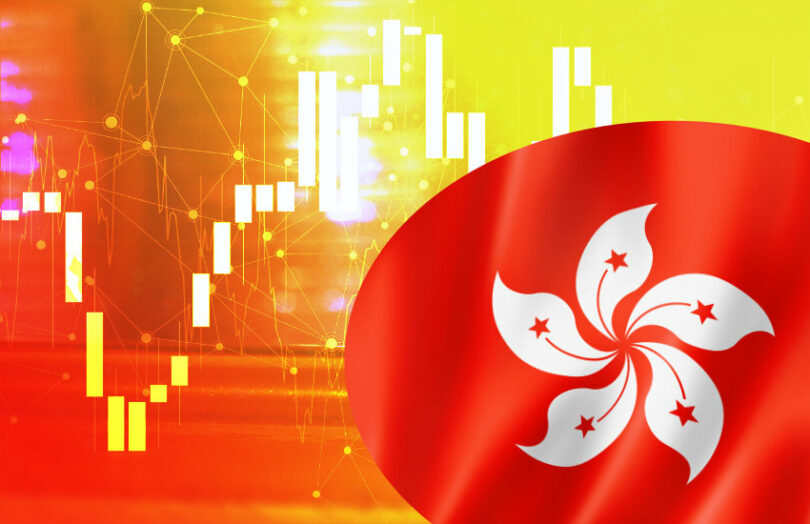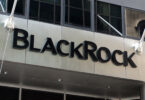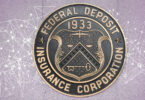Today the Hong Kong Monetary Authority (HKMA) wrote to Authorized Institutions (AIs) about their tokenization activities. It mainly focused on non-securities related activities, so it excluded tokenization that would be regulated by the Securities and Futures Commission (SFC). Examples include structured products that are not securities or tokenized commodities. It also issued a guidance note on digital asset custody.
Where there are already regulations covering the conventional form of investment, such as the two examples above, institutions must follow those rules, particularly concerning consumer protection.
Hong Kong also has a law similar to the United States – if tokenization fractionalizes an asset, it might be a collective investment scheme.
Most of the guidance focuses on due diligence, risk disclosures, risk management and custody.
If a bank is offering its clients tokenized products, the HKMA expects them to perform due diligence. That applies to the issuer, tokenization platform provider and product. Has the smart contract been audited? Are there appropriate safeguards for private keys and theft risks? What are the contingency plans for a DLT network failure or cyberattack?
Perhaps most importantly, the banks need to verify the existence of the assets that claim to back the token.
Likewise, the note provides a list of risk areas that must be disclosed to the investor.
The separate guidance on digital asset custody doesn’t purely apply to those providing standalone digital asset custody services. It’s also relevant to custody offered as part of tokenization and cryptocurrency (virtual assets) services.
Meanwhile, the HKMA launched a stablecoin consultation at the end of last year. It covers Hong Kong dollar stablecoins. However, issuers not licensed in Hong Kong can only offer stablecoins to professional investors.






